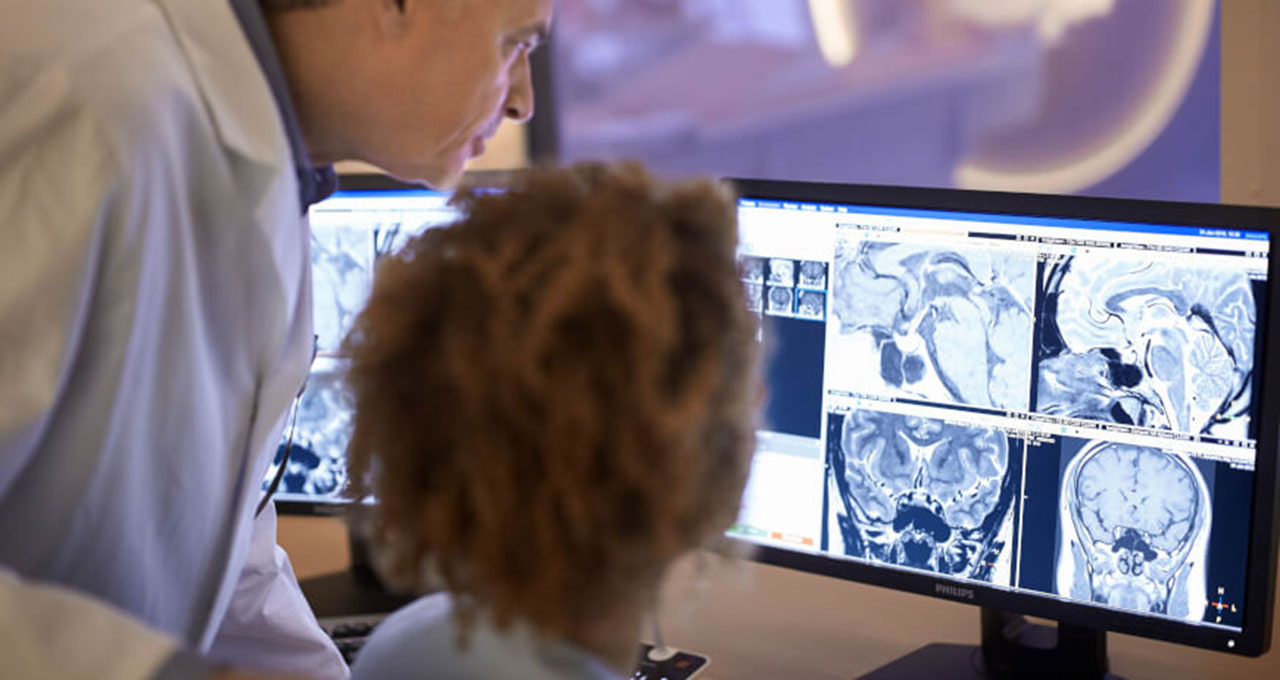Radiologists could use a fresh pair of AIs.
“I see these as decision aids to really augment my performance as a human radiologist,” said Geraldine McGinty, chair of the American College of Radiology and chief strategy and contracting officer at Weill Cornell Medicine, in a GTC Digital talk. McGinty is a featured speaker among dozens of healthcare sessions at the virtual conference.
In the talk, McGinty shares her perspective on how healthcare organizations can harness the “once-in-a-generation opportunity” AI provides to improve the quality of care while driving down costs.
Though a radiologist specializing in breast imaging, she’s unfazed by headlines declaring patients should want AI reading their next mammogram.
“Reading mammograms, I know I’m not going to see every breast cancer,” McGinty said. “I know that I’m going to have to call some patients back for additional imaging, or even a biopsy that will turn out not to be cancer.”
The goal of radiologists, she says, is to provide patients with “all the imaging that’s beneficial, and none that’s not.”

AI can help radiologists with that by reducing the variability among readers and hospitals when analyzing the same scans. It can also streamline their workflows, giving radiologists more time to talk to patients. And to consider the factors beyond imaging scans that go into deciding treatments, such as pathology reports, genetic risk data and records of other conditions the patient may have already.
“The imaging findings of disease are rarely binary,” she said.
As a medical field that has always rapidly adopted technology — starting with X-rays and moving on to MRI and digital archiving systems like PACS — radiology is well-positioned to integrate AI tools, McGinty said.
“Artificial intelligence feels like a natural evolution of our love of technology in the service of our patients.”
But new tools need to be carefully validated, as doctors learned decades ago when radiation poisoning took the life of innovator Marie Curie. McGinty says radiologists need to better understand how deep learning models reach their conclusions, advocating for more explainability in AI algorithms.
Developing powerful AI algorithms is just the start. These tools should be equally available to all patients, McGinty pointed out, and must be trained on diverse datasets to help combat existing disparities such as breast cancer outcomes for women of color.
“It’s not just about having accurate systems,” she said. “We actually have to challenge ourselves to use them in a powerful way.”
Watch the full talk here, and check out the lineup of healthcare talks at GTC Digital, available to stream for free.
Main image from The Medical Futurist. Licensed from Wikimedia Commons under CC-BY-4.0.
